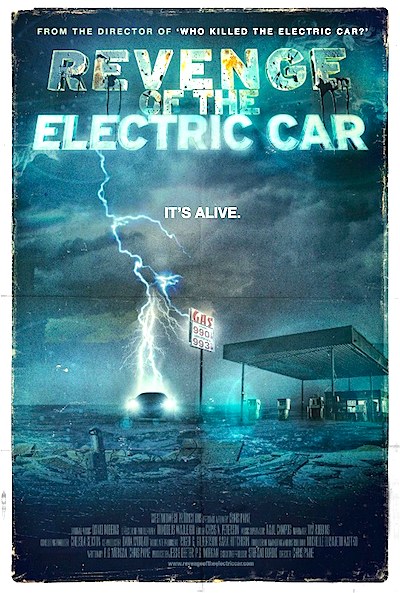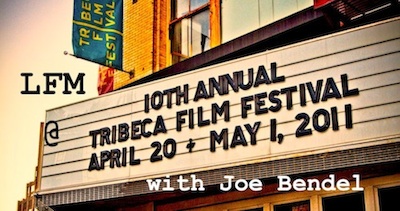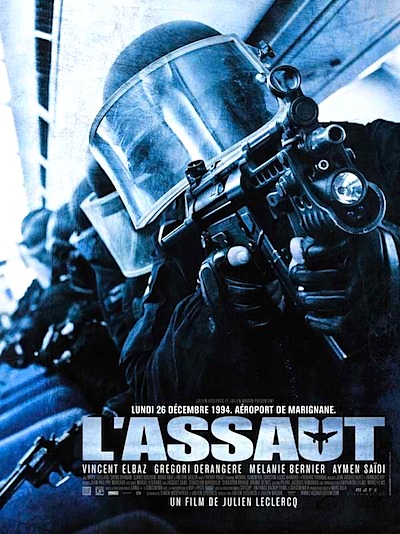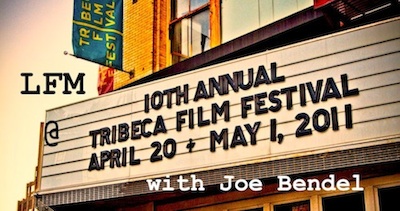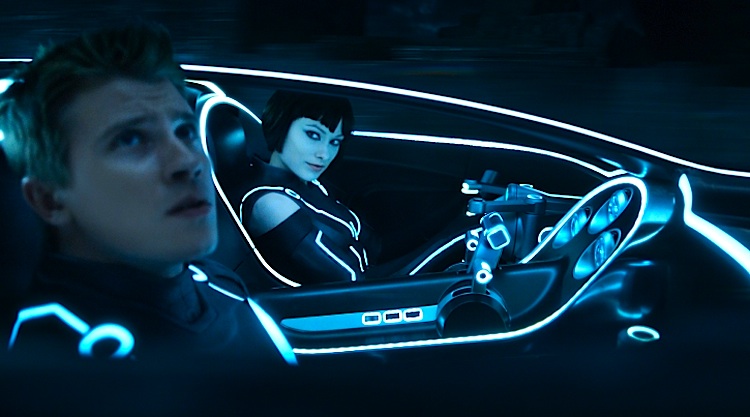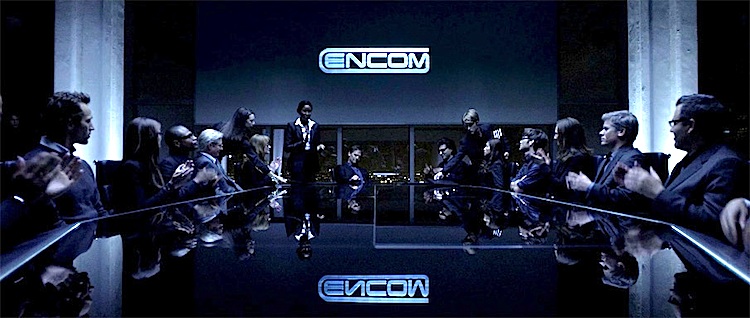By Jennifer Baldwin. From my earliest days as an old movie obsessive (circa, age fourteen), I’ve been obsessed with finding out how young people fall in love with old movies.
For my grandma’s generation, the love is easy to explain: These aren’t “old movies,” these are just THE movies, the ones they spent their lives seeing in the theaters.
For my mom’s generation, these old movies weren’t exactly contemporaries, but they weren’t so old and distant either. When my mom was a kid in the 1960s, the old movie stars were still around and the old movies must have still felt familiar, if a bit musty. It’s a lot like my own generation’s relationship to the movies of the 1980s. My Saturdays were filled with a never-ending supply of popular ‘80s movies on cable TV, just as my mom’s youth was filled with Rita Bell and “Bill Kennedy at the Movies.”
 But how do people born in the ‘70s, ‘80s, and ‘90s become old movie buffs? How do Generations X, Y, and Z get into watching movies made in the ‘20s, ‘30s, and ‘40s?
But how do people born in the ‘70s, ‘80s, and ‘90s become old movie buffs? How do Generations X, Y, and Z get into watching movies made in the ‘20s, ‘30s, and ‘40s?
I know how my own old-movie odyssey went, all of the influences and the inspirations. I know I owe a lot to the years 1988 to 1992, when it seemed like every summer another movie came out that was set in a 1940s Never Land – whether it was Who Framed Roger Rabbit? or The Rocketeer or A League of Their Own – and each of these new movies whetted my imagination for the old ones.
I know I owe a lot to my grandparents and their love of jazz, and how that love was transferred to me, so that for three solid years I spent my summers at the Elkhart jazz festival and never at a New Kids on the Block concert. Being a fan of swing jazz and Dixieland made it easier to love other old things, like movies.
I know I owe a lot to my grandmother and my mom, who invited me to watch these strange old movies with them, folding laundry on the couch and falling in love with Cary Grant and Clark Gable, thus beginning my own long, intoxicating affair with old Hollywood.
But how do other people of my age and generation get into the old stuff? What are their paths to classic cinema ecstasy?
I have a feeling that no matter our divergent and differing paths, we have one thing in common: Turner Classic Movies. Continue reading ANNOUNCEMENT: LFM Covers The TCM Classic Movie Festival! + How TCM Changed My Life

